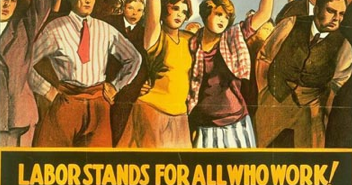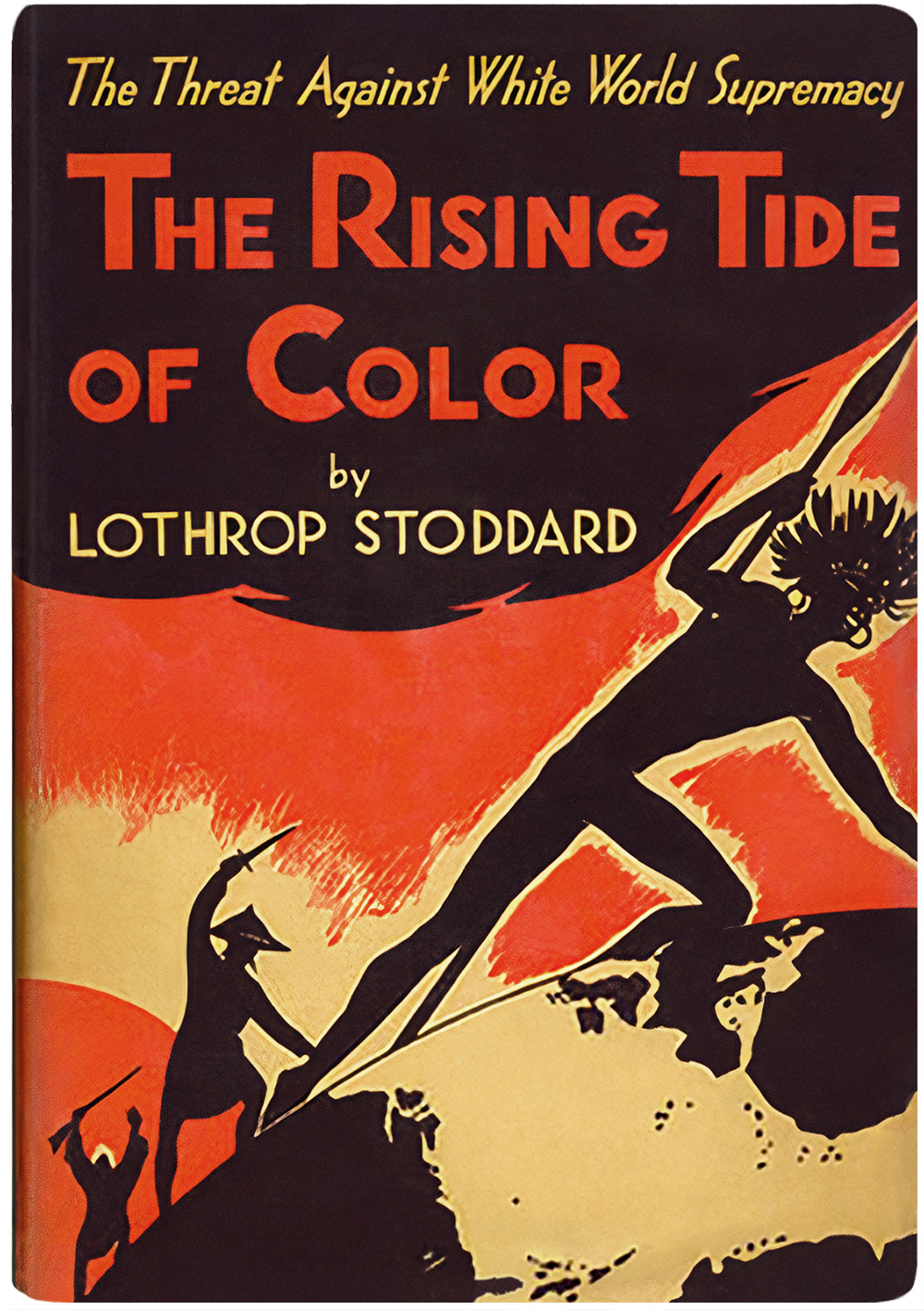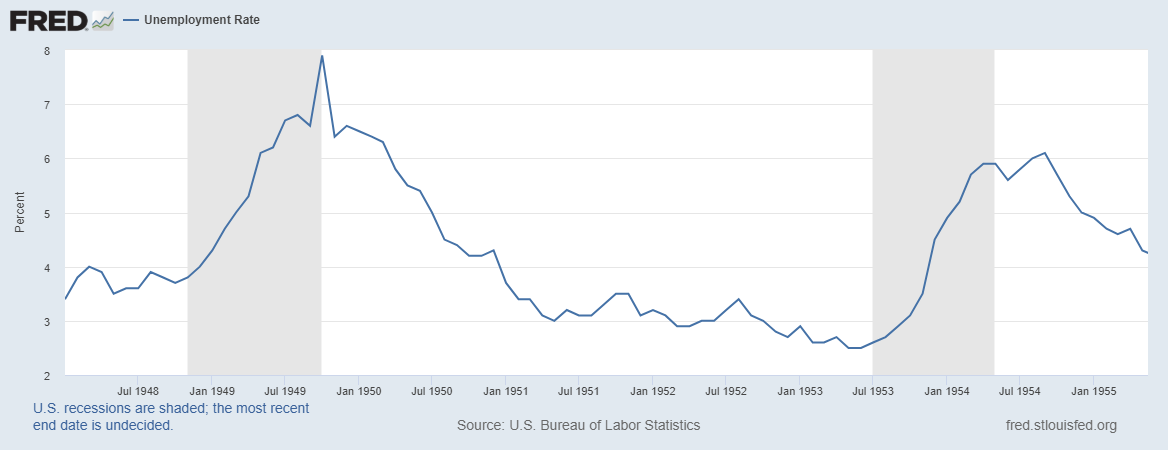He described the conference as 'pure hell' and virtually had no say and the results were dictated by HDW.
No way. It was dictated by the US and only possible in the context of the war, which at least one scholar said was the intention of the US:

en.wikipedia.org
The US ruling class believed that 'Capitalism in One Country' couldn't survive, so they had to 'export the revolution' to ensure the US didn't have to actually redistribute wealth and power in the country.
There is a LOT of evidence quotes to support the thesis, which is built on everything the FDR admin was saying internally and publicly in the 1930s. The Polish ambassador also talked about how the US was creating a war scare as early as 1938 to support a military build up once it was clear the New Deal failed:

en.wikipedia.org
WW2 saved the US economy; war was the means to rescue the US economic system and global dominance and imposition of a 'free trade system', which really was a US favorable trade system, locked in the existing US internal power system. Which is why the US has been addicted to war ever since. The Korean War saved the US economy from the 1948-49 recession:

en.wikipedia.org
The Cold War helped drive the US economy from 1950 onwards and it ending probably helped lead to the 2000 recession and subsequent 'Forever Wars' the US has sought out.
US WW2 soldiers were a cross section of the country as there was conscription that applied to everyone, i.e. no college exceptions. So US soldiers were largely the representatives of the average American's opinion on these issues.

en.wikipedia.org








